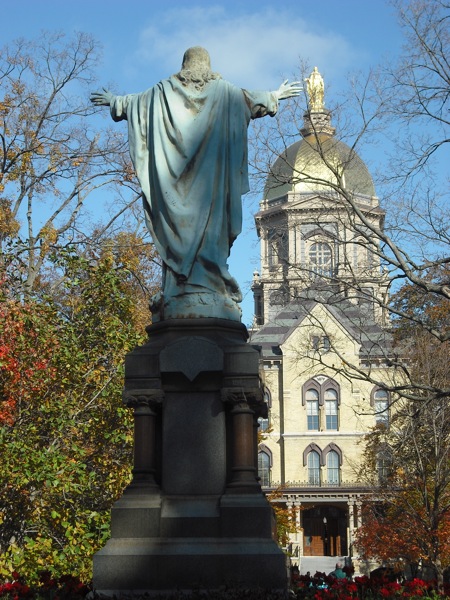Catholic ethics is a combination of formal (speculative knowledge) and practical science. Kant would seem to be entirely formal, while utilitarianism would seem to be entirely practical. The Church however sees the importance of integrating them together.
First, speculative knowledge can be considered vague principles, beginning with first principles or absolute statements. For instance: “Do good, and avoid evil.” While this is how every human being is wired, knowing what is actually good from evil becomes a very practical endeavor.
Second, practical science is taking these principles and applying them to various circumstances varying from simple situations to incredibly complex ones.
Now ethics is not considered a type of knowledge that is sought for its own sake. For this reason, its purpose is directed towards the application of human behavior. Ultimately its goal is associated with human flourishing, or in Aristotelian terms: humans actualizing their potential. Therefore, because ethics is not an end-in-itself, but a means to accomplish this end, that means that speculative knowledge is subordinated to the practical science of ethics. John Oesterle states then that we can call such ethics “formal practical science.” The subordination means that the general knowledge we have of principles is for the sake of practical application. Thus that which is subordinated is a means, and that which is superior is the end.
This is important because there is a tendency, even among Catholics, to begin to treat ethical matters in a deontological manner, whereby there is a hard-set categorizing of morality that is ultimately derived from pure-reason. Catholic teaching on ethics however suggests something more dynamic and complex at work. Why? Because reality is complex, at least in contrast to God. Without this complexity acknowledged one approaches the moral life in a type of fundamentalism, or a type of absolutism that is excessive.
On the other hand, without the dimension of speculative knowledge, one will likely fall into relativism. These general principles keep us far from contradiction, and illustrate a criteria in the process of application.
So as such the Church has all sorts of terms that help us navigate moral choices:
Object, Intention, Circumstance,
Primary and Secondary Ends
First Principles
and Secondary Principles.
Genus, Species, Specific Difference
Essence, Accidentals
Form, Matter, and Agency
Material and Formal Cooperation
Double Effect
Remote and proximate evil.
And so many more.
These dynamics admit of the complexity of living in a fallen world, and they also are held accountable to first principles. This is not fundamentalism.
Photo: Public Domain






